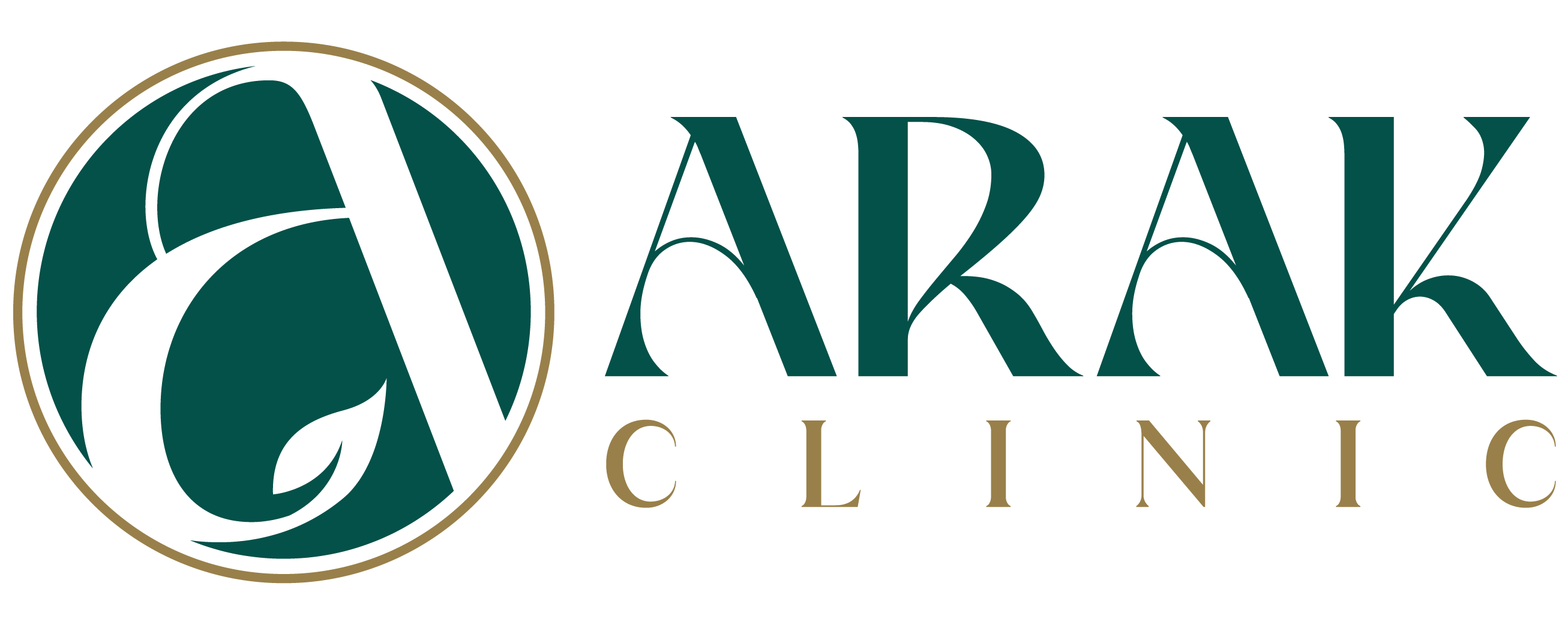Navigating unrealistic beauty standards can be challenging, but there are strategies individuals can employ to prioritize their mental wellness and cultivate a positive self-image. From fostering self-compassion to challenging negative thoughts, here are some effective coping strategies:
- Practice Self-Compassion: Treat yourself with kindness and understanding, recognizing that everyone has imperfections and flaws. Instead of criticizing yourself for not meeting unrealistic beauty standards, offer yourself the same compassion and empathy you would extend to a friend facing similar challenges.
- Challenge Negative Thoughts: Challenge negative self-talk and unrealistic beauty ideals by reframing your thoughts in a more balanced and realistic way. Replace critical thoughts with affirmations that emphasize your strengths, unique qualities, and inner beauty.
- Limit Media Exposure: Take breaks from social media, fashion magazines, and other sources of media that perpetuate unrealistic beauty standards. Instead, seek out content that promotes diversity, authenticity, and self-acceptance, and unfollow accounts that make you feel inadequate or insecure.
- Cultivate Positive Relationships: Surround yourself with supportive friends, family members, and peers who value you for who you are, rather than how you look. Foster relationships that celebrate diversity, inclusivity, and authenticity, and lean on your support network during times of insecurity or self-doubt.
- Focus on Health, Not Appearance: Shift your focus from achieving a certain appearance to prioritizing overall health and well-being. Engage in activities that nourish your mind, body, and soul, such as regular exercise, nutritious eating, mindfulness meditation, and creative expression.
- Set Realistic Goals: Set achievable goals that are aligned with your values, interests, and strengths, rather than trying to conform to unrealistic beauty ideals. Focus on personal growth, self-improvement, and cultivating a sense of fulfillment that goes beyond external appearance.
- Seek Professional Support: If feelings of insecurity or dissatisfaction with your appearance are impacting your mental health and well-being, consider seeking support from a mental health professional, such as a therapist or counselor. Therapy can provide a safe space to explore your feelings, develop coping strategies, and cultivate a positive self-image.
By implementing these coping strategies, individuals can prioritize their mental wellness and navigate the challenges of unrealistic beauty standards with resilience, self-compassion, and authenticity. Remember that true beauty lies in embracing your unique qualities, flaws, and imperfections, and in prioritizing your mental and emotional well-being above all else.





